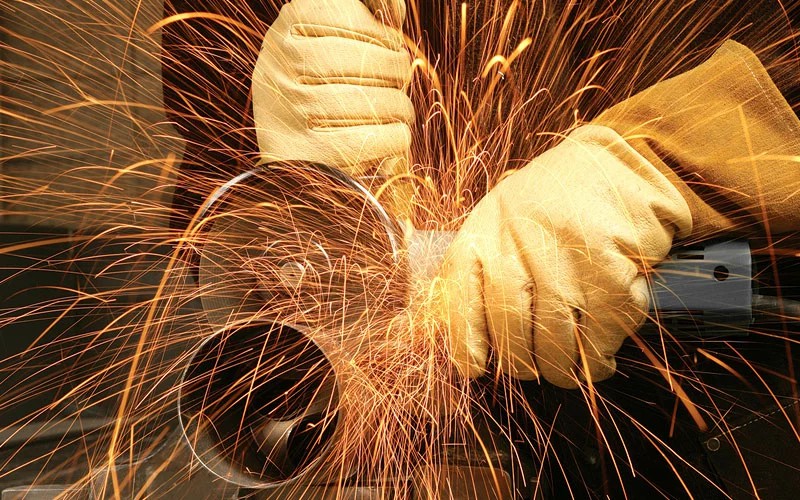


 349,500 Offered Certificates
349,500 Offered Certificates
 24/7 Online Training
24/7 Online Training
 Money Back Guarantee
Money Back Guarantee
 Fully Accredited Courses
Fully Accredited Courses

Created at: 22-02-2025 21:25
Understanding the various types of abrasive wheels is crucial for professionals in the construction, automotive, and manufacturing sectors across Ireland. This guide aims to shed light on the different types of abrasive wheels, their applications, associated risks, and the importance of proper training and certification in ensuring safety and compliance with Irish safety regulations.
Abrasive wheels are categorized based on their construction, composition, and intended use. The most common types include:
Cutting wheels are thin and designed to make precise cuts. Common applications include:
Grinding wheels have a thicker structure and are designed for grinding, finishing, and shaping materials. Applications include:
Polishing wheels are softer wheels used for achieving high shine and smooth surfaces. Applications are seen in:
The utilization of abrasive wheels spans various industries in key cities such as Dublin, Cork, Galway, Limerick, and Waterford. Here’s how different sectors employ these wheels:
Despite their versatility, abrasive wheels pose several risks if not handled correctly:
Proper abrasive wheels training is essential to ensure safe handling techniques. In cities like Dublin, Cork, and Galway, certified training courses equip workers with the necessary skills to mitigate risks associated with these tools.
Businesses and individuals in Dublin, Cork, Galway, Limerick, and Waterford are encouraged to enroll in certified abrasive wheels training to promote a culture of safety within their organizations. Courses are available online and in-person, ensuring easy access for all.
For more information or to register for a course, please contact us at [email protected] or visit our website.
Stay safe and ensure compliance with properly trained personnel equipped to handle abrasive wheels effectively!